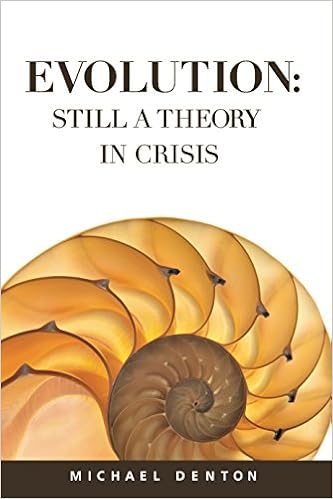 Michael Denton does not quarrel with common descent in principle but finds that there is no good evidence for the continuous series of small changes over time that Darwin’s theory of evolution requires. Rather, after summarizing the evidence in Evolution: Still a Theory in Crisis (2016), he writes,
Michael Denton does not quarrel with common descent in principle but finds that there is no good evidence for the continuous series of small changes over time that Darwin’s theory of evolution requires. Rather, after summarizing the evidence in Evolution: Still a Theory in Crisis (2016), he writes,
There is a tree of life. There is no doubt that all extant life forms are related and descended from a primeval ancestral form at the base of the tree. But there is no evidence to support the Darwinian claim that the tree is a functional continuum where it is possible to move from the base of te trunk to all the most peripheral branches in tiny incremental adaptive steps. On the contrary, all of the evidence as reviewed in these first six chapters implies that nature is clearly a discontinuum The tree is a discontinuous system of distinct Types characterized by sudden and saltational tansitions and sudden origins of taxa-definng novelties and homologs, exactly as I claimed in Evolution thirty years ago. The claim has weathered well! (p. 112).
Denton focuses on the many examples of fundamental features of life forms, like the pentadactyl limb of vertebrates, that are uniform but serve no adaptive purpose in particular, pointing perhaps to discoverable physical patterns in nature, like those of the chemical elements.
See also: Michael Denton on the uniqueness of human language
Follow UD News at Twitter!